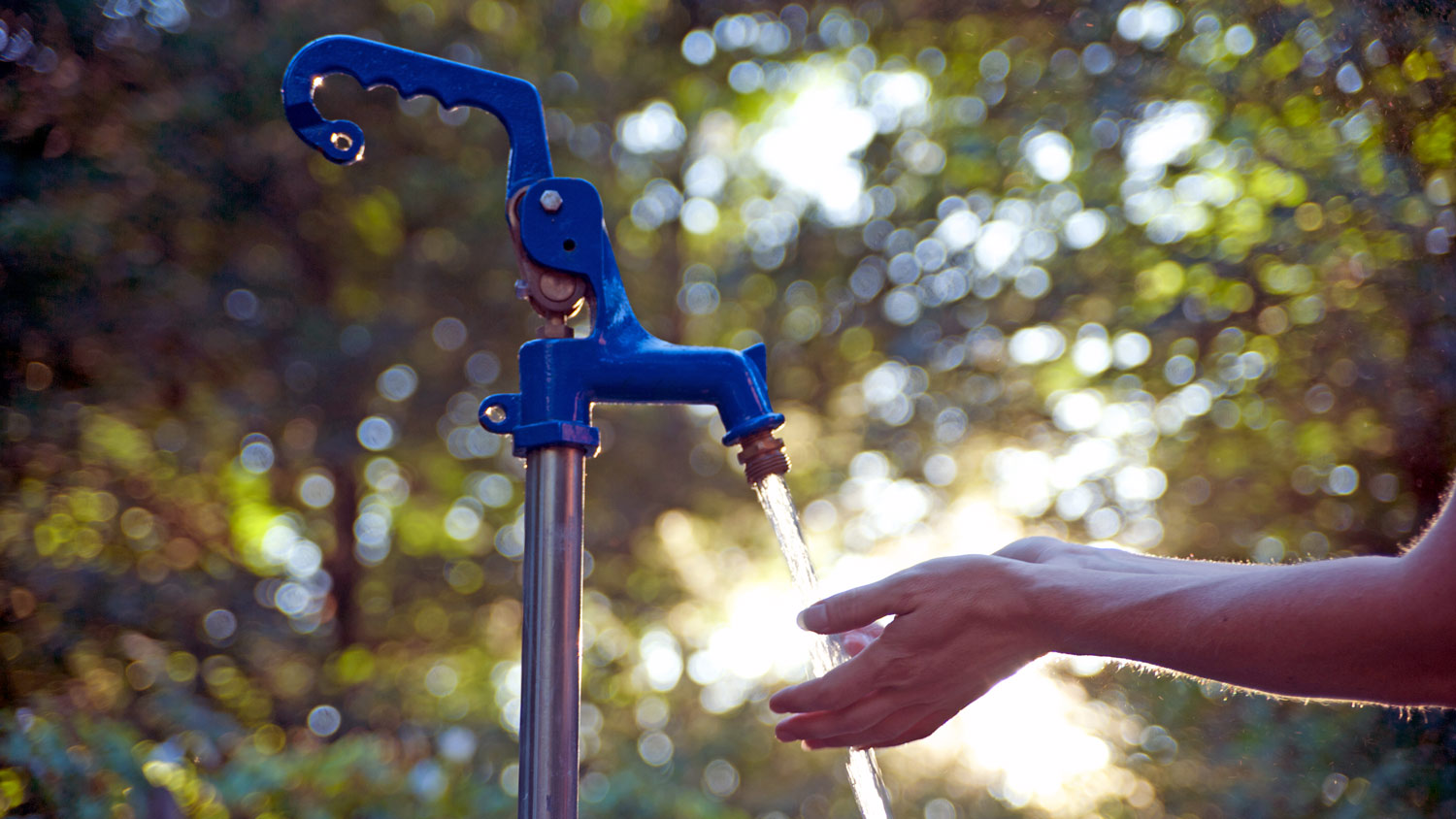
Discover how much well water treatment systems cost, including installation, maintenance, and tips to save. Get expert insights to plan your water system project.
Like the bad guy in a movie, even the hardest water can be softened up


The more minerals in your water, the “harder” it is.
The most common minerals in hard water are calcium and magnesium.
Water hardness naturally varies by location.
Hard water is not a health hazard, but it can be a home nuisance.
Water softeners can help reduce the effects of water hardness.
“Hard water” might sound like an oxymoron—unless something is really wrong, you probably don’t have ice flowing out of your spigots. But water’s “hardness” doesn't refer to its physical state—it refers to the water’s mineral content. The more minerals that are in your water, the higher the water’s level on the hardness scale. Hard water isn’t a health hazard, but it can be a nuisance. Let’s take a closer look at what causes hard water and how to get rid of it.
Hard water is caused by a higher level of mineral content in the liquid water. Most commonly, those minerals include calcium and magnesium, but other minerals and metals can also contribute to hardness. Although less common than calcium and magnesium, these may include:
Aluminum
Barium
Iron
Manganese
Strontium
Zinc
Groundwater naturally varies in hardness level depending on where you live. Water supplies that flow through limestone bedrock are often higher on the hardness scale.
Fortunately, hard water is not considered a health risk. Elements like calcium and magnesium are actually important to human health. Those that can be hazardous, like aluminum, are present at such low concentrations they don’t pose a threat. Hard water can, however, be drying to your skin and scalp when you bathe in it, and it can cause a number of problems around your home, too.
A water softener can help increase the life span of your plumbing, your water heater, and even your clothing.

While there is such a thing as a water hardness test kit—which can tell you definitively where your water sits on the hardness scale—chances are you’ll notice it in your home by one of the following telltale signs.
You’ll likely notice this sign first in toilets, sinks, and around bathtubs. That rusty-looking ring is likely the result of mineral buildup, and you probably already know how difficult it can be to remove hard water stains. (Insider tip: A fizzy mix of vinegar and baking soda can help.)
Have you ever gone to put away a freshly cleaned load of dishes only to discover that the glasses are covered in white film or spots? Or maybe you’ve noticed your clothes are fading at a rapid pace when you wash them. Your towels might even be losing their fluffiness and absorbency. All of these problems can be a result of hard water.
When you pick up your bar of soap to wash your hands or massage shampoo into your hair, you might notice you’re not getting that satisfying soapy lather you’re used to—another common indicator of hard water. In fact, hard water actually makes soap scummier and more likely to stick to shower walls, clothes, and skin, which means you need a whole lot more soap to get the job done. And that, in turn, means spending more on soap than you need to.
Perhaps the most insidious of hard water’s signs, you may notice the buildup of scale—a hard, white crust that’s difficult to remove—in your dishwasher, ice machine, coffee maker, or around pipe drains. Along with being unpleasant to look at, scale can also reduce the efficiency and longevity of your appliances, which is one of the main reasons homeowners want to soften their water.
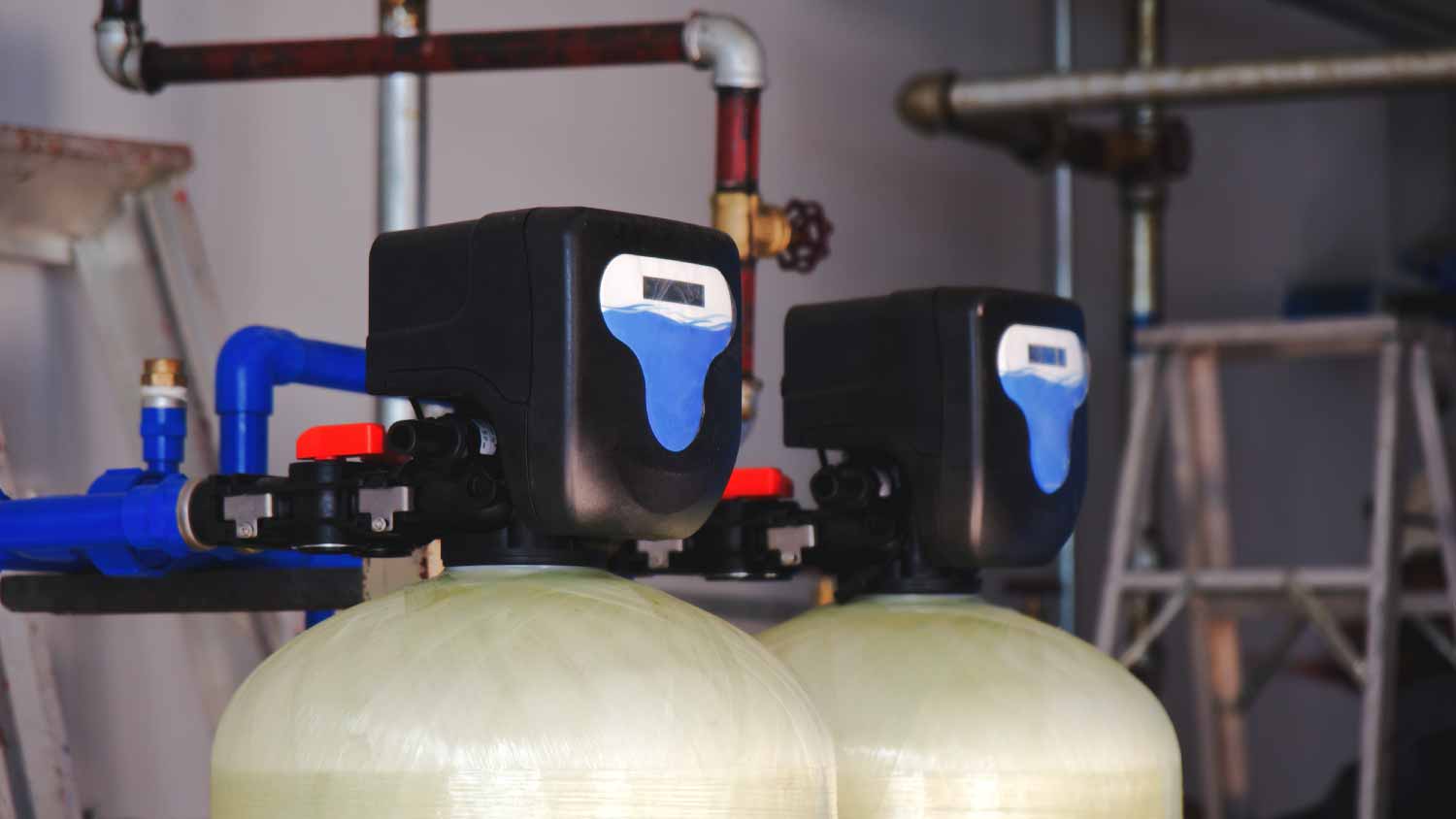
So, how do you get hard water to soften up? Fortunately, water-softening systems can help. Using a process called ion exchange, water softeners remove excess mineral buildup from your water, softening it in the process.
There are several different types of water softeners on the market. However, in some areas, water softeners are banned because many of them drain a concentrated, salty wastewater product that can be difficult for water treatment plants to handle. If they’re allowed in your area, installing a water softener costs between $200 (with DIY labor) and $6,000 (with professional installation). However, a water softener will likely save you money in the long run on cleansers and appliances.
Your local water softener installation company can help answer any questions you have and get the installation process started. They can also help you figure out how to properly size a water softener to ensure you get the right one for your household’s needs.
A home filtration system and water softener can greatly improve the quality and safety of your water at a relatively low cost. Compared with purchasing bottled water for drinking and cooking, replacing expensive appliances, and time spent cleaning showers and bathrooms, water filtration and softening equipment can be very cost-effective.
From average costs to expert advice, get all the answers you need to get your job done.

Discover how much well water treatment systems cost, including installation, maintenance, and tips to save. Get expert insights to plan your water system project.
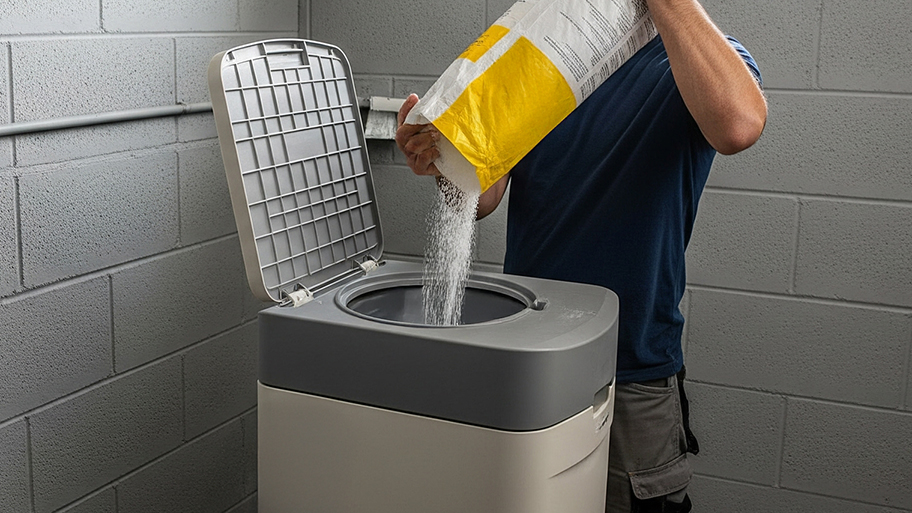
How much a water softener costs depends on your home’s size, and the system’s type and capacity. Our expert guide explores all the price factors.
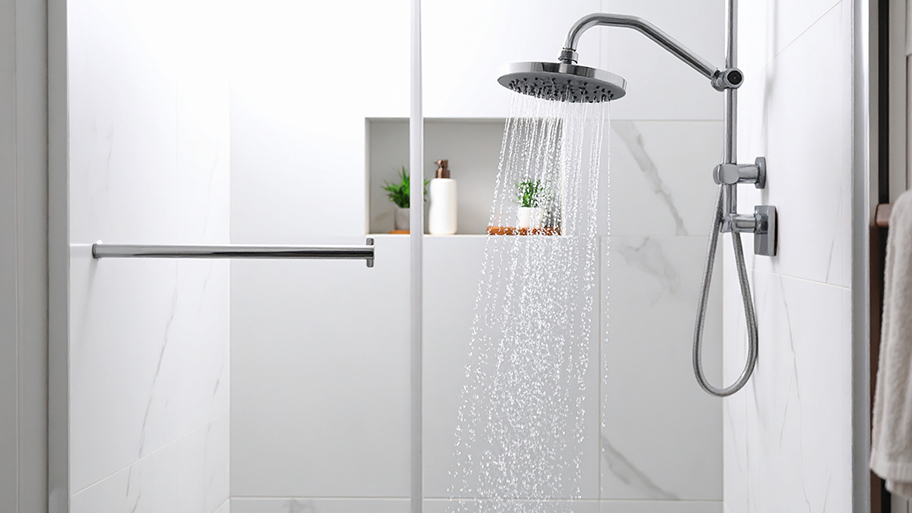
Water softener repair costs can add up, but they’re almost always worthwhile. Use this guide to see what your project is going to cost before you get started.

Water softeners need salts, but which type is best? Learn the key differences between potassium chloride versus sodium chloride water softener salts.

Water softeners and filters might sound similar, but they serve different purposes. Here’s what to know when comparing a water softener versus a water filter.
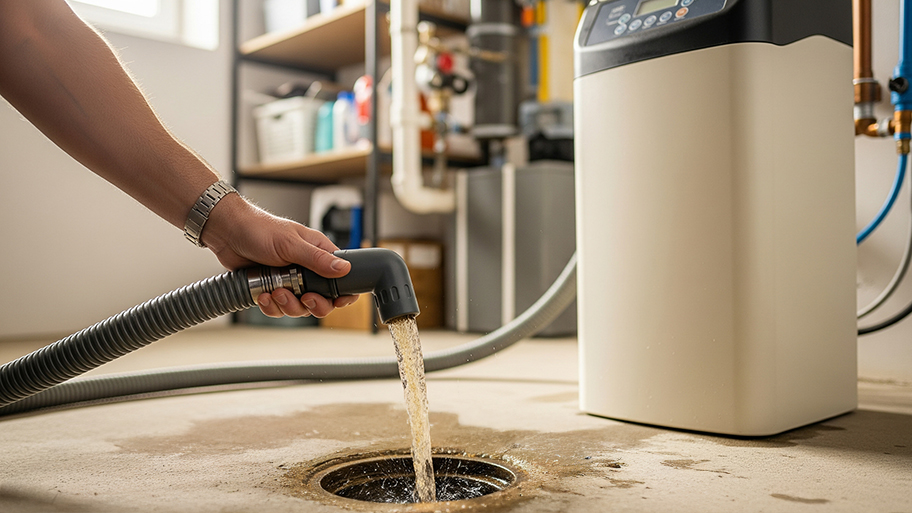
Not all states allow you to dump water softener backwash outside. Keep reading to learn where to discharge water softener backwash for your home.